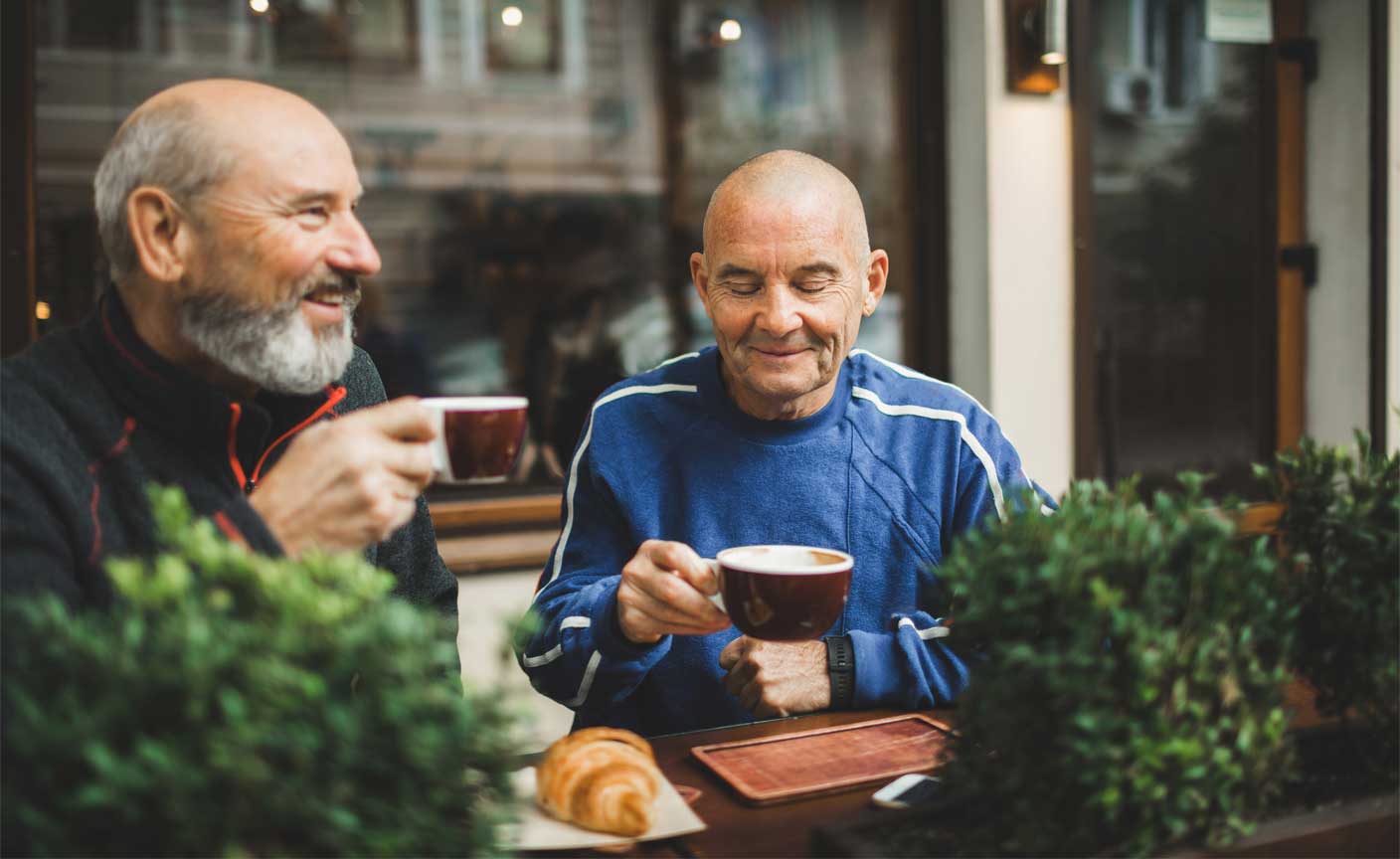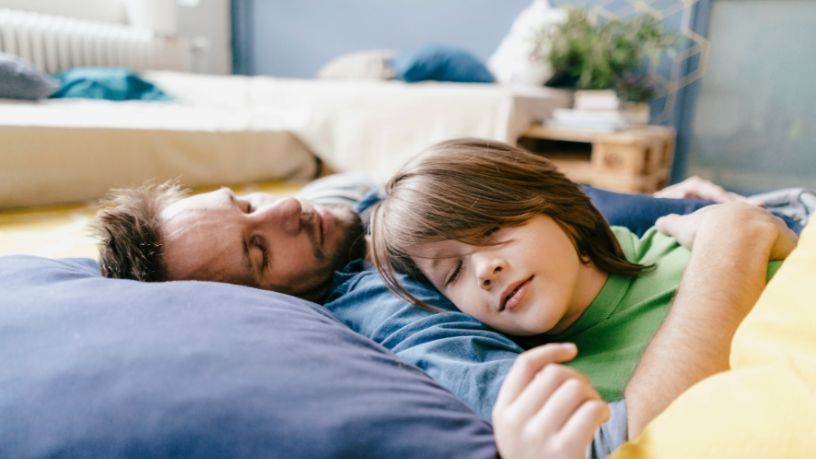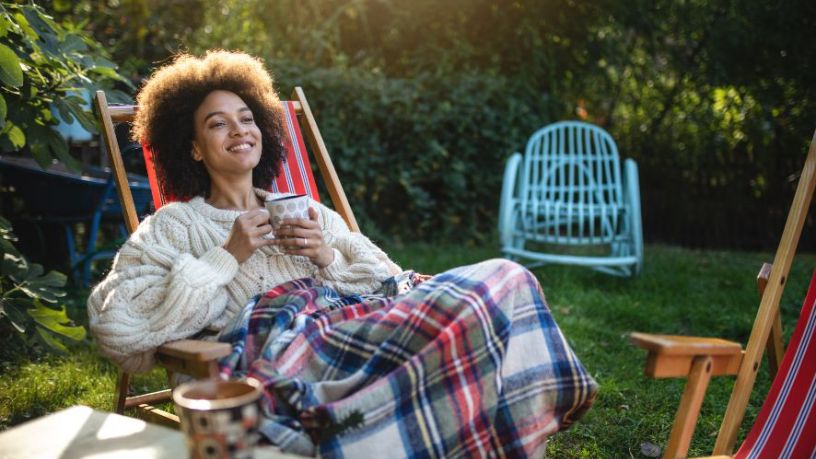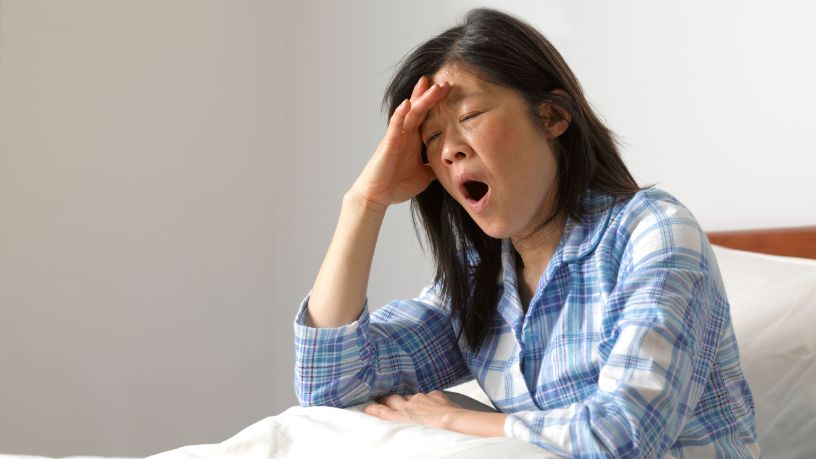Your body cycles through several stages sleep throughout the night.
On this page
Key takeaways
Each stage has its own specific characteristics and functions.
Sleep helps your body renew and repair your cells.
You may be surprised to know how much is happening within your body when you go to sleep at night. As you drift into different sleep stages, each of which has specific characteristics, your body is busy repairing and renewing cells.
During a full night's sleep, your brain generally cycles several times between 2 types of sleep: rapid eye movement (REM) sleep and non-rapid eye movement (non-REM) sleep. Most people begin their sleep cycle with the 3 stages of non-REM sleep, followed by a short period of REM sleep.
What happens in non-REM sleep?
During non-REM sleep your brain is inactive but your body may still move around while it settles and relaxes.
Stage 1: Drowsiness (1 to 7 minutes)
Your body starts to relax as you switch between being asleep and awake. It’s easy to be woken during this stage. If you are, you don’t usually feel like you’ve been asleep at all.
Stage 2: Light sleep (10 to 25 minutes)
Your body temperature drops and your breathing and heart rate slow down. You may feel increasingly unaware of your surroundings but can still be woken up easily.
Some people may experience sudden muscle twitches, sometimes preceded by a sensation of starting to fall or trip. These sudden movements are called ‘hypnic jerks’ and are similar to the jump we make when startled.
Stage 3: Deep restorative sleep (20 to 40 minutes)
This is also known as slow-wave or delta sleep and is the deepest stage of sleep where you spend the most time during the first half of the night. It’s also when your body does its recovery and growth.1
During this stage your blood pressure gradually falls. Usually, the body repairs and regenerates tissue, builds bone, and muscle and appears to strengthen the immune system during this stage. Some people may talk or walk in their sleep at this time too.
It may be difficult to be woken during this stage and you may feel confused if you are. As you get older, restorative sleep can become less frequent and less deep, which is why older people seem to wake up more easily.
What happens in REM sleep?
The first REM sleep period usually occurs about 90 minutes after we fall asleep. REM means ‘rapid eye movement’ and gets its name from the fact that our eyes move rapidly from side-to-side during this sleep phase.
When you switch into REM sleep your brain is still active, although your muscles can become completely relaxed. Your breathing may change, becoming more rapid, irregular and shallow while your heart rate and blood pressure may rise.
This is also usually when you dream, although dreaming can occur during different stages. When some people wake up during REM sleep, they may be able to recall their dreams.
While all stages of sleep are considered important, the REM sleep is said to be essential for cognitive functions like memory, learning and creativity.2
Your body will cycle through these stages roughly every 90 minutes. After a complete sleep cycle, you may wake, roll over, or simply drift straight back into the first stage.
You may have heard of babies waking every 30 to 40 minutes. This is because their sleep cycles are shorter and they have yet to learn to link them together. This is a habit we learn and continue throughout our adult lives. In some cases, adults may also struggle to link cycles and stay asleep.
How to have a good night's sleep
Sleep is influenced by different nerve signals in the brain, so any foods, drugs or medicines that affect these signals can also affect how well we sleep.
- Caffeinated drinks (such as coffee), chocolate, black or green tea, energy drinks and some soft drinks can over-stimulate the nervous system and affect your ability to fall asleep. Avoid caffeinated drinks at least 6 hours before you go to bed as it can reduce your sleep by up to 2 hours. Instead, try drinking herbal tea, such as chamomile, valerian, lavender, passionflower or lemon balm, as these may help to relax the nervous system.
- Some medications, such as decongestants, can also make it difficult for you to sleep, while some antidepressants can suppress REM sleep.
- Smoking and vaping can also cause you to have disturbed sleep. Heavy smokers are reported to sleep very lightly and have less REM sleep, possibly due to nicotine withdrawal.
- Alcohol can help people fall into light sleep, but it can also interfere with any REM and the deeper, more restorative stages of sleep. Regular alcohol consumption may also lower your natural melatonin levels, which can cause sleeping problems.


At Bupa, trust is everything
Our health and wellbeing information is regularly reviewed and maintained by a team of healthcare experts, to ensure its relevancy and accuracy. Everyone's health journey is unique and health outcomes vary from person to person.
This content is not a replacement for personalised and specific medical, healthcare, or other professional advice. If you have concerns about your health, see your doctor or other health professional.
1Newson, R. & Singh, A. (2023). Slow-Wave Sleep. Sleep Foundation.
2Patel, A. K., Reddy, V., Shumway, K. R., & Araujo, J. F. (2024). Physiology, sleep stages. StatPearls Publishing.
You might also like...
How important is sleep?
Making sure you have a good night's sleep is one of the best things you can do for your health and wellbeing.
How to sleep better
We all know that how well (and how much) you sleep can impact your health and wellbeing, so we’ve put together some tips to help you get a better night’s sleep.
5 things to do during the day for a better night's sleep
For some people, falling asleep is as easy as turning a light off. For others, it’s a frustrating battle. Learn how your daytime activities can impact your nighttime shut eye.
Everything you need to know about sleep apnoea
Sleep apnoea is a common sleep disorder, though it is often under recognised and under diagnosed. Find out how it might affect you or your partner.





